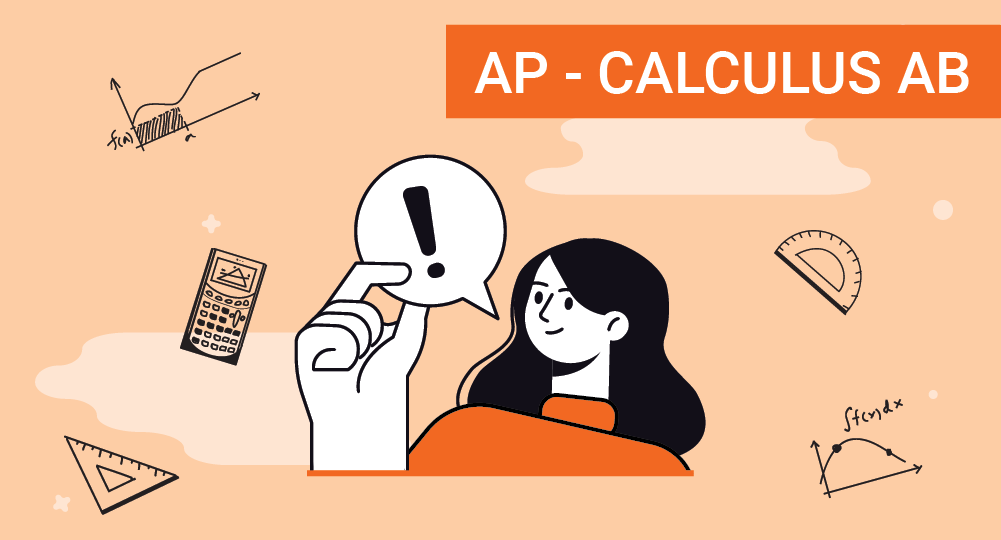
AP Biology
The AP Biology exam is a standardized test administered by the College Board. It is taken by high school students. Advanced Placement (AP)- Biology is an introductory college-level biology course. The exam assesses the student's knowledge and understanding of biology through inquirey-based investigations on the key concepts in biology, including cellular processes, genetics, evolution, ecology, and more.
Know more about AP Biology
AP Biology is an Advanced Placement course and exam offered by the College Board. It is designed to provide high school students with a college-level understanding of biology and is typically taken by students who have completed introductory biology courses.
Course Overview:
AP Biology covers fundamental topics in biology, including the structure and function of cells, genetics, evolution, ecology, and physiology.
The course emphasizes scientific inquiry, critical thinking, and laboratory skills.
Key Concepts:
Cell structure and function
Cellular respiration and photosynthesis
Genetics and molecular biology
Evolution and natural selection
Ecology and ecosystem dynamics
Exam Details:
The AP Biology exam assesses students' understanding of biology concepts, their ability to apply biological knowledge, and their laboratory skills.
It consists of two main sections: multiple-choice questions and free-response questions.
The multiple-choice section contains around 60 questions.
The free-response section includes six questions, including two long free-response questions and four short-answer questions.
Test Pattern
| S No | Test Section | Number of Questions | Time Allotted |
|---|---|---|---|
| 1 | Multiple Choice | 60 | 90 minutes |
| 2 | Free Response | 6 | 90 minutes |
What you'll learn
- 1
The Chemistry of Life - Strucutre of water and Hydrogen Bond.Properties, Strucutre and Function of Biological Macromolecules.
- 2
Cells: structure, function, and communication
- 3
Cellular energetics: photosynthesis and respiration
- 4
Genetics: inheritance, gene 5. expression, and regulation
- 5
Evolution: natural selection, speciation, and diversity
- 6
Ecology: populations, communities, and ecosystems
- 7
Animal structure and function: tissues, organs, and systems
- 8
Plant structure and function: tissues, organs, and systems
Skills you'll learn
Describe and explain biological concepts, processes and models in applied contexts
Analyze visual representations of biological concepts and processes
Determine Scientific questions and methods based on observations, data and models
Represent and describe data - graph, plot, chart, etc
Describing, trends, patterns and relationships between the variables
Perform statistical tests and mathematical calculations to analyze and interpret data
Explain relationship between experimental results and larger biological concepts and theories















